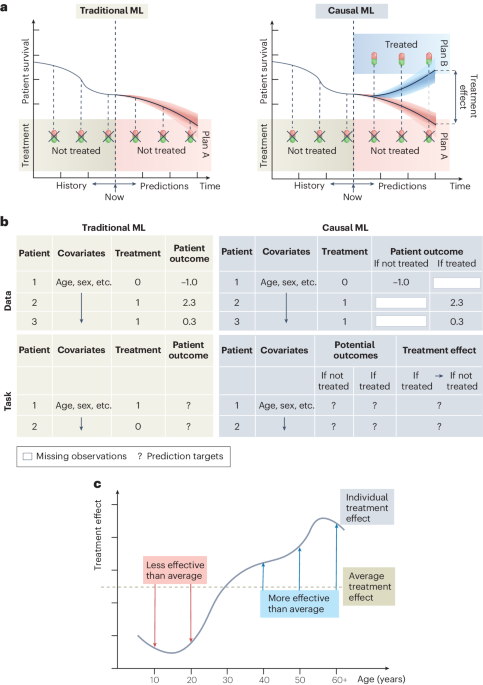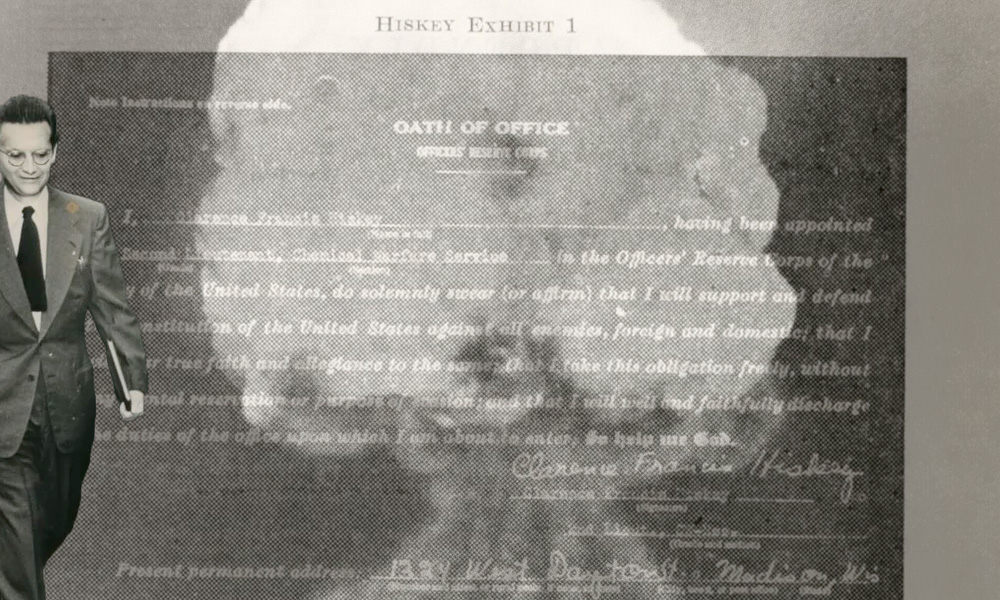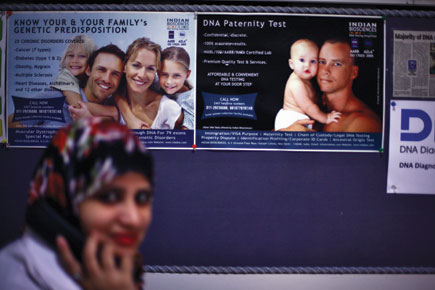
Father, Son and the Double Helix
Snigdha Poonam Snigdha Poonam | 21 Jan, 2015
“I hope you’ve been told about the birds and the bees,” said KS Mehta, visibly concerned about my ability to grasp the complicated things sex can lead to. We were sitting in his DNA testing centre in south Delhi and I had asked him for backstories of the many paternity tests he had facilitated so far. We had already gone over the crucial matter of my age and marital status (“You’re not married, right? I can tell.”). What he dealt in were some very adult matters, he stressed, sliding a plate of biscuits in my direction. Looking over us from the wall behind Mehta, a heavy- set Sikh in his fifties who also heads the Computer Science department at Lovely University, Jalandhar, was a large watercolour painting of a horse in flight; EL James’ entire series of Fifty Shades stood out in the bottom row of his wall-length bookshelf on the left. His was also a very risky job, Mehta told me later in our conversation, often placing him in the middle of family confrontations verging on a bloodbath. “Just a few weeks ago, I had the families of a Muslim couple on either side going at each other in my office. The man had been nurturing the doubt that two of the couple’s five children were not his, and had dragged his wife to Delhi to resolve the matter through a DNA test. He had samples of all his five children tested against his own. The whole family rented a hotel near Jama Masjid and remained there until we gave them the results, which is when all hell broke out.” A steady majority of requests for paternity tests his clinic got was from couples living in joint families, where, Mehta elucidated, the uncertainty over a child’s parentage tends to be high. “There are so many men and women in a family. You can never tell a child’s parentage for sure.” More fights broke out in his office over positive results than over negative ones; the doubting men almost always reacted badly to being proven wrong. “Usually DNA results don’t turn out to be what you want them to be. Like with this Muslim guy, who, on finding out that he had fathered them all, first attacked me for having gotten the results wrong, and when I told him he could get the test done in any other DNA lab at my expense, went for his wife, berating her for having failed to convince him that the children were all his own.”
Since 2008, when Mehta set up Indian Biosciences, the Indian subsidiary of the American laboratory DNA Diagnostics Centre, one of the world’s largest providers of DNA tests, he claims to have seen it all. Over the time that he’s been in this business, a dozen private DNA testing labs have come up in major Indian cities with networks of collection centres all over the country. Regional newspapers report the cropping up of small-time paternity test clinics in less populous cities and towns as well, attributing the phenomenon to the repeated appearance of the practice on TV in popular Indian soap operas. Lending the idea further credence is last year’s Supreme Court ruling that prioritised paternity tests as a move in establishing infidelity during divorce proceedings. It went against the Judiciary’s long-held view that the genetic parentage of a child born of a legal union or within 40 weeks of a marriage’s dissolution stood above doubt. A news report from Gujarat in December put court-sanctioned paternity tests conducted in the state at an annual average of 250, most of them done to settle a matter of divorce or inheritance. The data studied by the state’s Directorate of Forensic Sciences showed that 98 per cent of the cases were to ‘confirm suspicions’. More men from rural areas than urban centres had requested courts to order paternity tests.

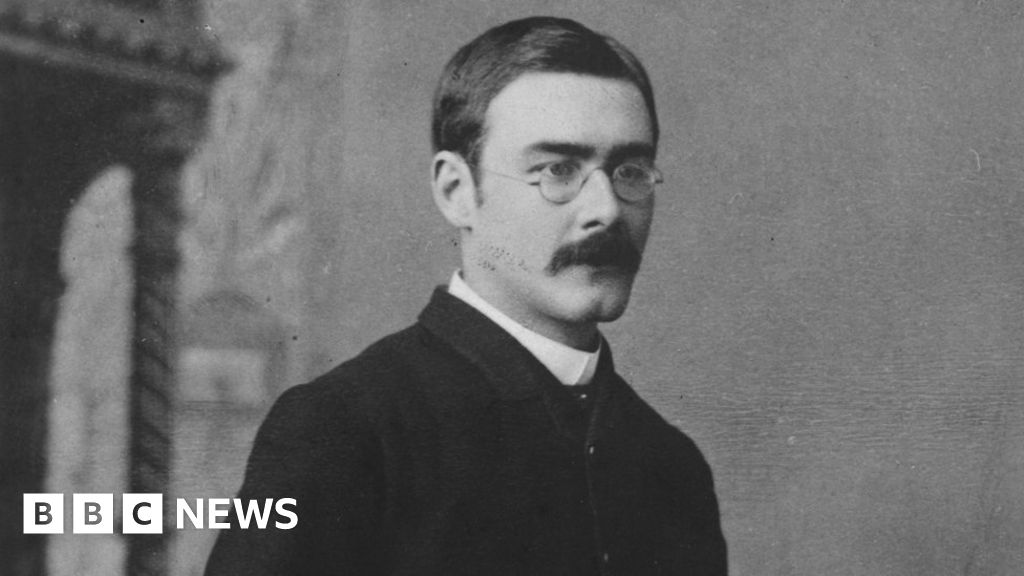
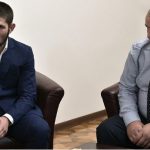

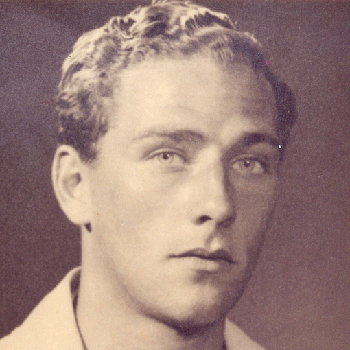



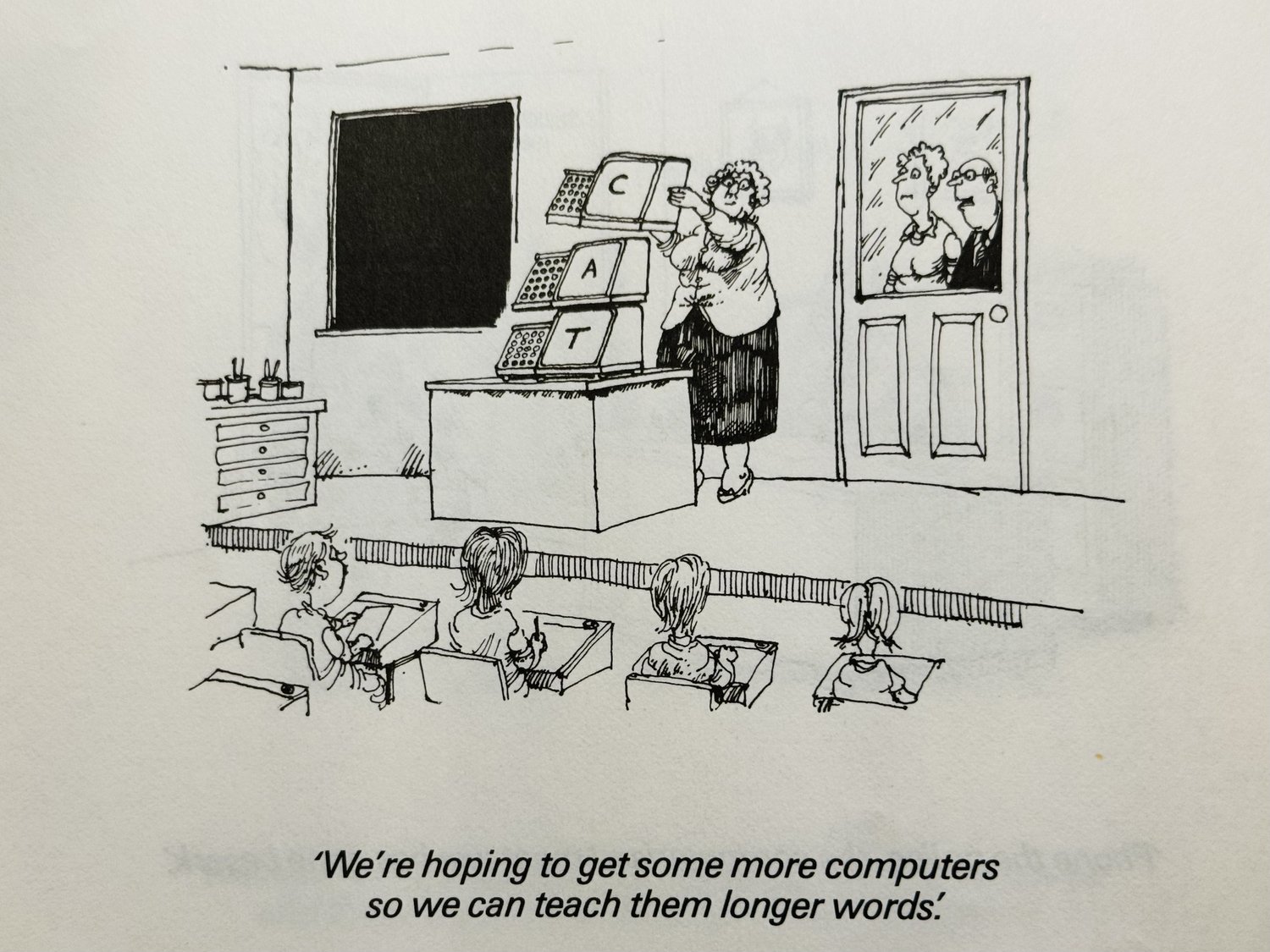


/cdn.vox-cdn.com/uploads/chorus_asset/file/9594885/jetsons.jpg)






